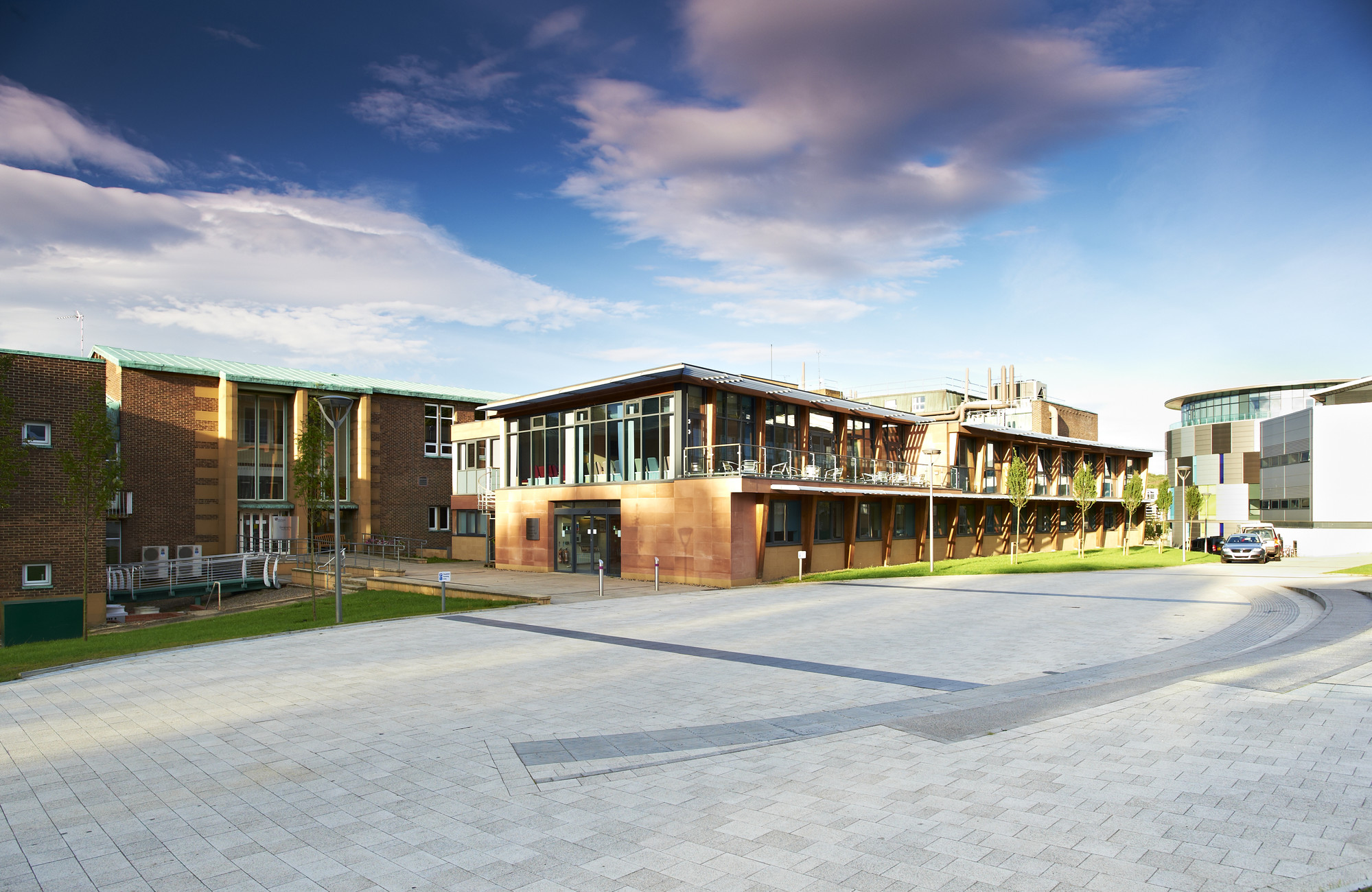Institute of Hazard, Risk and Resilience
We are a world-leading research institute in hazard, risk and resilience based at Durham University. We support innovative research and training for use in policy and practice, collaborating directly with communities, Non-governmental organisations (NGOs) and governments.


